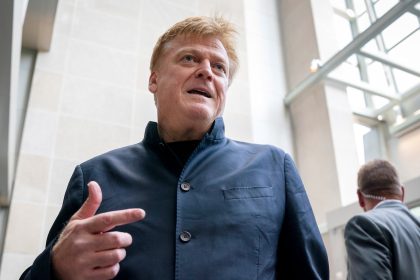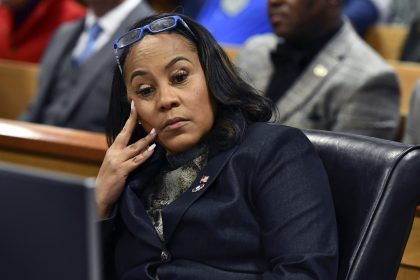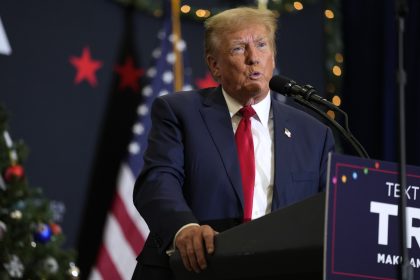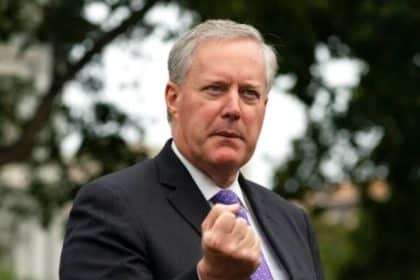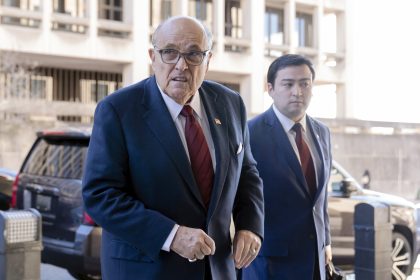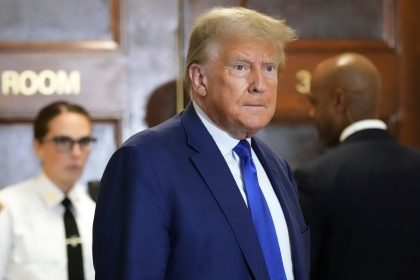Need Something Else To Do With Your Cellphone? What About Caucusing?
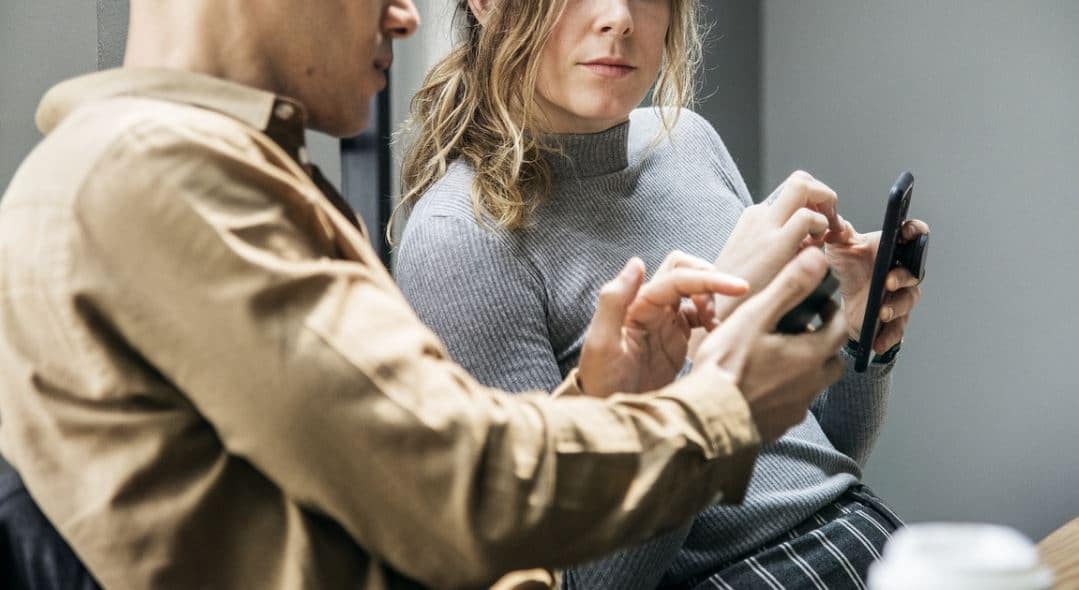
WASHINGTON – Democrats in Iowa and Nevada, long accustomed to turning out at neighborhood caucus meetings to cast their vote in these early presidential contests will be able to cast their 2020 votes by phone, under plans announced Monday.
The so-called “tele-caucus” systems are intended to open the political process to more people, particularly those with disabilities or work schedules that prevent them from getting to traditional caucus sites.
The changes, mandated by the Democratic National Committee, are expected to significantly increase voter participation in the Iowa caucus on Monday, February 3, and the Nevada caucus, on February 22.
In 2016, a year in which both the Democratic and Republican parties held contested caucuses in Iowa, 186,874 voters participated in the Republican caucus, while 171,109 participated in the Democratic caucus.
That was a combined 357,983 or a turnout rate of 15.7 percent of those eligible to vote, down from 16.1% in 2008, the last election when both parties held competitive contests.
While the Republican caucus turnout was a new record, easily demolishing the record set in 2012, the Democrats’ numbers were down from 2008 — the last time the party held a competitive contest.
A similar trend was seen in Nevada in 2016. According to the Nevada Republican Party, a record 75,000 voters participated in the state’s GOP caucus, blowing out the old record of 33,000, set in 2012.
Meanwhile, Nevada Democrats saw a dramatic decrease in their caucus from 2008.
The Nevada Democratic Party said about 84,000 participated in its 2016 caucus, down nearly 30 percent from 2008. Of those participants, about 14,000 registered the day of the caucus.
In 2008, there were 118,000 Democratic voters who caucused, with about 30,000 registering the same day.
Party officials in Iowa and Nevada refrained on Monday from estimating how many voters will take advantage of the new call-in option, but officials in both states said they hope the move will quiet long-standing criticism that the caucuses exclude too many potential voters and favor some candidates over others.
In 2008, for instance, then-N.Y. Senator Hillary Clinton and her supporters complained that Iowa’s process disenfranchised those unable to attend after she finished a disappointing third place in the 2008 caucuses, behind Senators Barack Obama and John Edwards.
“There are a lot of people who couldn’t caucus tonight,” Clinton said after the results were known. She said this was because many of her potential supporters, “work at night . . . taking care of patients in a hospital, or waiting on a table in a restaurant, or maybe in a patrol car keeping our streets safe.”
In 2016, supporters of Senator Bernie Sanders disputed results in Iowa that showed Clinton won, 49.9% to 49.6%, amid irregularities in reporting the results.
The controversy erupted anew among Sanders supporters in Nevada, who flew into a fury after the state’s Democratic Party convention awarded Clinton 20 pledged delegates to Sanders’ 15.
Sanders supporters accused the state Democratic Party of ignoring attempts to change the rules, rigging the process in favor of Clinton and disqualifying several dozen delegates that supported Sanders.
The dispute was a key factor in the push from groups on the left to overhaul the nominating process heading into 2020.
In February, when the “tele-caucus” system was first proposed, Iowa state Democratic Chairman Troy Price called the proposal the “most significant” alteration to the Iowa caucuses since their inception in 1972.
“These changes will make the 2020 caucuses the most accessible, the most transparent, the most secure and the most successful caucuses ever,” he said in a conference call with reporters.
Nevada, the third state in the Democrats’ nominating contest sequence, has only been an early caucus state since 2008, and the process still remains relatively new to many residents.
By opting for a dial-in program, the systems can reach people in Iowa’s and Nevada’s vast rural stretches where broadband internet coverage may be spotty.
Iowa has offered a smaller-scale tele-caucus since 2014, allowing out-of-state members of the military and Iowans living abroad to call in to live neighborhood caucus meetings and participate over the phone.
Both state parties plan to require Democratic voters to register online in advance of their virtual caucus, verifying their identity with a “multi-factor authentication.” Voters will receive a PIN that they’ll have to enter when they call in to participate.
Iowans who register on time will have six times to choose from to participate by phone, including the in-person caucus night, Feb. 3. Nevadans who register for the virtual caucus can participate on Feb. 16 or 17.
Unlike Iowa, Nevada is also offering four days of in-person early caucusing to give people more options.


















